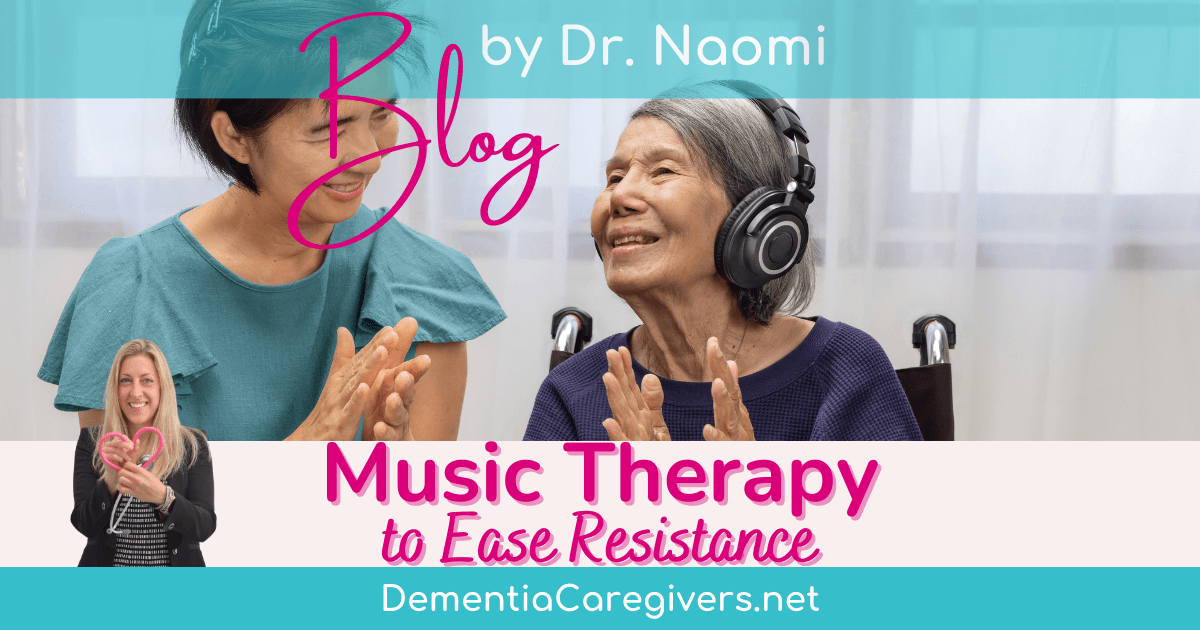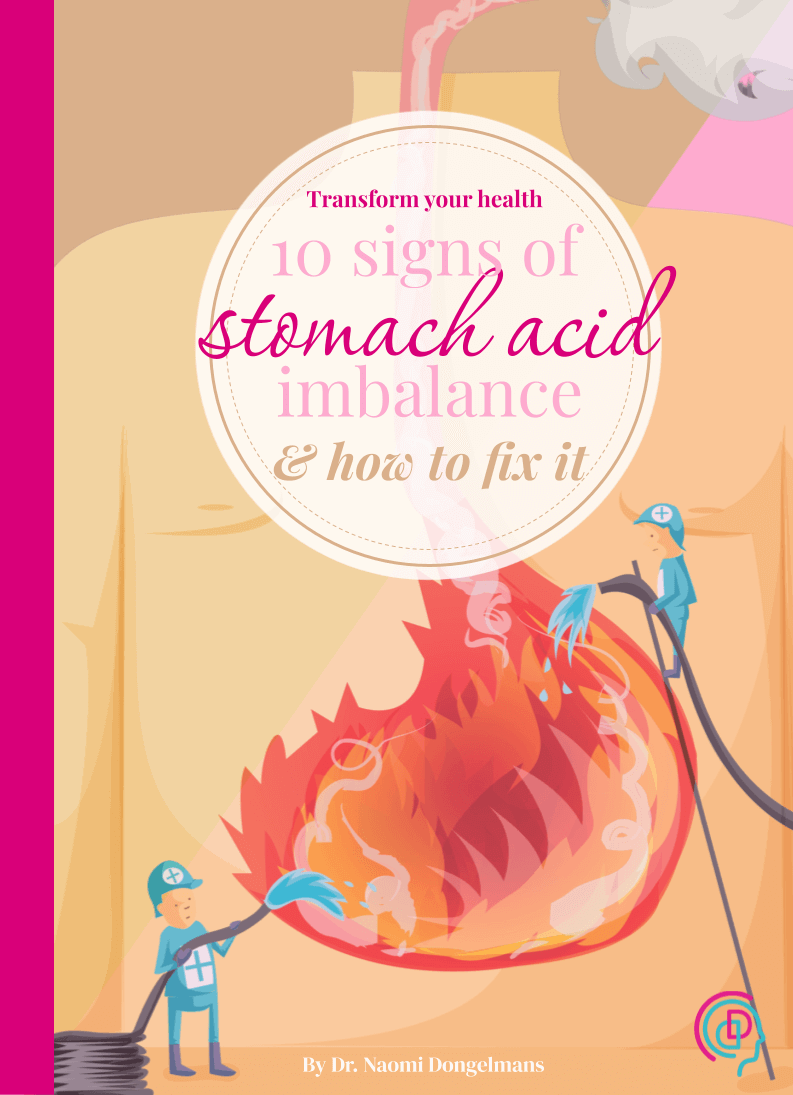
Caring for a loved one with dementia presents unique challenges, especially when it comes to managing agitation and resistance to daily activities such as showering. However, music can be a powerful tool in these situations, offering a calming and comforting influence that can help both the caregiver and the individual with dementia navigate difficult moments with greater ease. In this blog post, we'll explore how music can be used to ease agitation and encourage self-care, with a real-life example of a daughter and mother with dementia.
Music with Agitation
Agitation is a common occurrence in dementia, often triggered by routines that the individual finds distressing or disruptive. In these moments, music can be a soothing presence, helping to relax the individual and make tasks like dressing or showering more manageable for both the caregiver and the person with dementia.
The key is choosing music your loved one enjoys and responds to positively. Care to explore different musical styles and genres, paying attention to your loved one's reactions and preferences. Start with something upbeat and lively to capture their attention, then gradually transition to slower, more calming music as they become more relaxed.
Creating playlists on your phone or a USB stick can make it easy to have a selection of music on hand for any situation. Singing along yourself can also enhance the therapeutic effect of the music, as your voice adds an extra layer of familiarity and comfort.
Real-Life Example: A Daughter and Mother with Dementia
Let's consider the case of Emily, whose mother, Johanna, is living with dementia. Johanna often becomes agitated and resistant when it's time to shower, making the task challenging for both Emily and her mother. However, Emily has discovered that music can be a powerful tool in easing Johanna's agitation and encouraging her to participate in self-care activities.
Before shower time, Emily creates a playlist of Johanna's favourite songs, including old classics from her youth. As they listen to the music together, Emily gently guides Johanna into the bathroom, singing along and offering words of encouragement. The familiar music helps calm Johanna's nerves and distract her from her anxiety about the shower.
As they sing and dance to the music, Emily can assist Johanna with undressing and bathing without resistance. The joyful atmosphere created by the music transforms the task of showering from a source of stress into a moment of connection and joy for both mother and daughter.
Action Steps
- Discover Their Musical Preferences: Explore your loved one's musical tastes and create playlists tailored to their preferences.
- Integrate Music into Daily Routines: Use calming music during activities like mealtime, bathing, or dressing to alleviate resistance.
- Use Music as a Distraction Technique: Redirect attention by playing familiar songs or singing during moments of agitation.
- Foster Connection Through Singing Together: Engage in musical activities together to deepen your bond and ease tension.
- Remain Flexible and Patient: Understand that the effectiveness of music therapy may vary depending on your loved one's mood and receptiveness. Be adaptable in your approach and patient with your loved one's response to music therapy.
Conclusion
In conclusion, music can be a powerful ally in dementia caregiving, offering a source of comfort, connection, and joy in moments of agitation and resistance. By harnessing the therapeutic power of music, caregivers can help their loved ones with dementia navigate challenging situations with greater ease and dignity. Whether it's creating personalised playlists or singing together during daily activities, music has the ability to transform the caregiving experience and enhance the well-being of both the caregiver and the individual with dementia.
Do you want to learn how to find the perfect tempo and rhythm? Dive into the chapter on music in my book, "Reinvigorated Caregivers: 7 Amazing Ways to Become Remarkable at Caring for People with Dementia."
Love what you read here? Subscribe for updates! Add me to the list!




























0 Comments